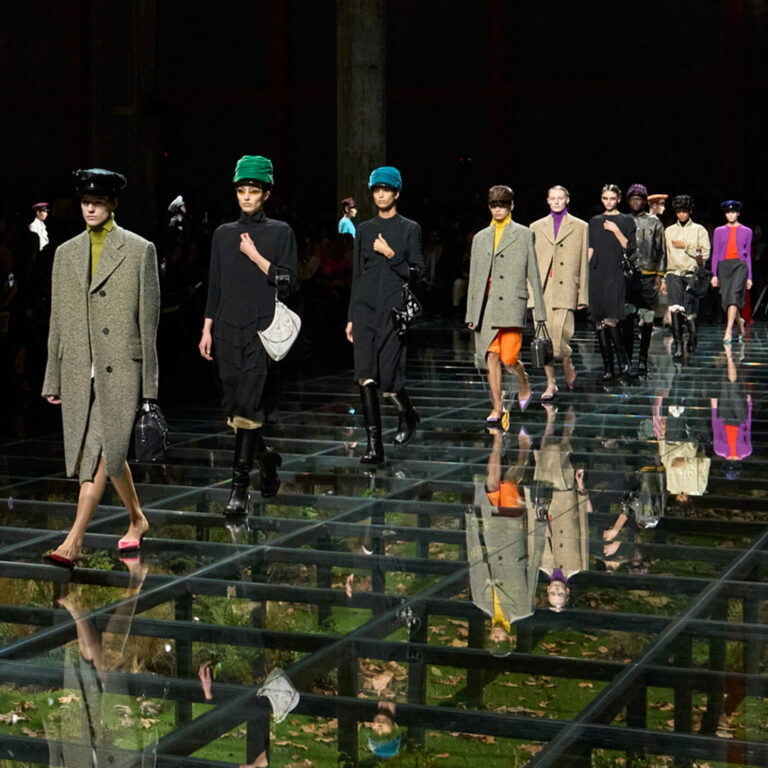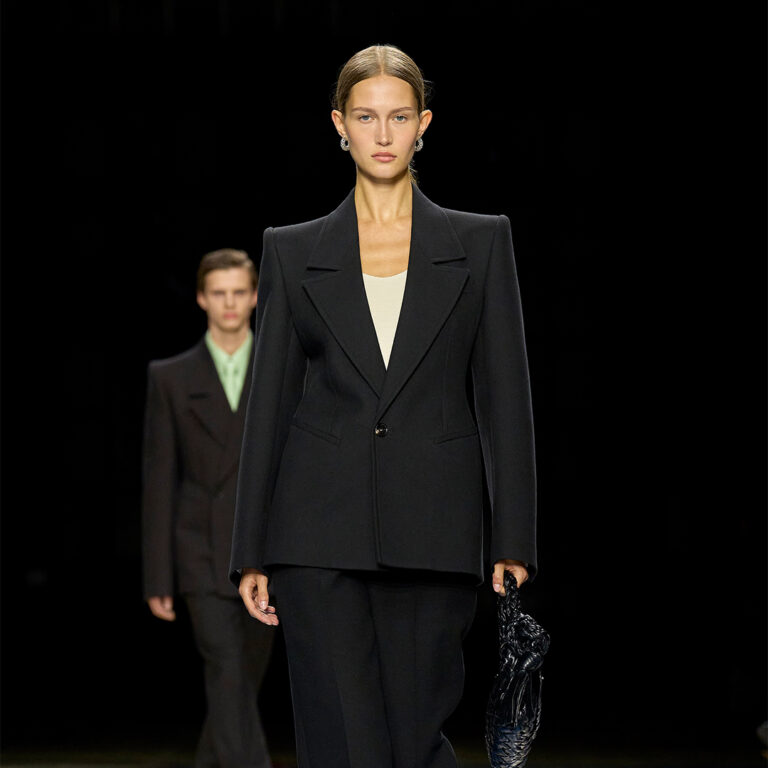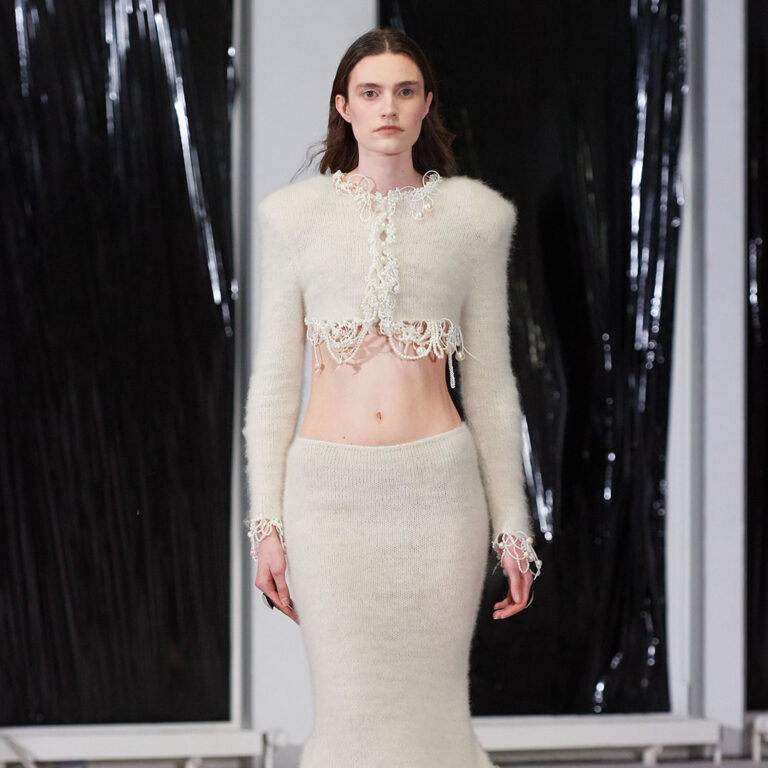On social media, the hashtag tradwife – short for ‘traditional wife’ – is more trending than ever. Today many women seem to choose for a life that’s full of baking, cooking, doing laundry and ironing – just like women used to do in the early ’50s. After decades of fighting for our rights, who wishes to go back to times like those? Who wants to be dependent on their husbands and live a life that’s all about servicing your spouse? Does Mad Men have a stronger influence on today’s world than we used to think?
Tradwife
Google the word tradwife and you’ll be immersed in a world of freshly baked cakes, ostensibly happy families, home made meals and settings inspired by the ’50s. In today’s society, more and more women start to live their lives like women in Mad Men-sceneries like these. Just like a traditional housewife, these women take care of their households, nurture their kids and obeying their husband. With slogans like “Trying to be a man is a waste of a woman” and “Tradwives don’t stay home, they make a home”, tradwife-movements make it clear that the choices they make are their own – there’s no man who forces them to do so. Over the last years, the tradwife-movement has gained popularity, with the United States and Great Britain as the main countries of interest.
Alena Kate Pettitt
What drives women to becoming a tradwife after decades of fighting for equality and such? British 34-year old tradwife Alena Kate Pettitt is the chief of the worldwide trafwife movement, with The Darling Academy – a place in which Pettitt teaches and inspires other women around the world how to be the best version of themselves, that is, according to her tradwife standards. Growing up in the ’90s, Pettitt always felt different. She didn’t like the idea of men and women being both responsible for their family income. She rather felt the need to become a house wife with corresponding responsibilities.
https://www.instagram.com/p/B_CnV4rnXna/
Courage
Amongst others, Pettitt thinks her choice of becoming a tradwife is very feministic, since it’s her choice – no men has ever influenced her way of thinking. According to Pettitt, feminism is about making your own choices. Becoming a traditional housewife was one of them. The Trumpet called Pettitt “The Bravest Woman in England”, because of the way in which she talked in Britain’s mostly watched morning show. She openly spoke about “obeying” her husband, doing all household chores and taking care of the kids – to create a life as pleasant as possible for her husband.
The Trumpett, likewise, calls the Wester society “a dangerous terrain for people like Pettitt” and therefore admire her ‘courage’. They highlight the fact that most people in today’s society don’t like it when people practice the Judeo-Christian laws and traditions and likewise experience positive results. Fun fact: The Trumpett uses Bible prophecy as the main criterion for their work to focus on what’s truly important.
Feminism
Feminism as we know it today may diverge from how many people interpret religious texts and traditions. In the West, at least, many countries aren’t led by religious groups anymore. However, many argue that the tradwife-movement is way too complex to just call it a reaction to feminism. The British Prospect Magazine argues that “rather than simply a backlash against feminism, the tradwife phenomenon needs to be understood as a symptom of—as well as a reaction to—the increasing insecurity of our times.” According to the author, these tradwives don’t do their duties based on “free choice”, since decisions like these are made within structural constraints. Choices like these are always subject to political and cultural pressures.
Hence, the current always-on working mode can be seen as one of the key drivers to the traditional wife movement. According to Arlie Hochschild – author of The Second Shift: Working Families and the Revolution at Home – there’s a so-called “leisure gap” between men and women. When women head home after a day of work, there’s a second shift waiting for them. This shift includes household chores, nurturing their kids and other tasks around the house. Despite that studies show that working moms have a higher self-esteem and feel less depressed than housewives, they are mill and tired more often than their male colleagues (Peggy Thoit, 1985).
The great paradox
However, there’s a great paradox in the life Pettitt seemingly lives. While she preaches to be a happy housewife, dependent on and obeying her husband, she runs a successful business in helping others to becoming the perfect tradwife. The same holds for Dixie Forsyth, author of Fascinating Womanhood for the Timeless Woman. Both ladies are grafted onto earning an income by convincing others of their beliefs. So, why don’t these women practise what they preach? And if they love to live to their own standards, why do they want to convince others to do so as well? An explanation might go back to the lack of free choice. This group of women needs approval from others, just like anyone else. Our adivce: just do what you love to do, for your own sake – not for those of others.
Also read: International Women’s Day – a list of inspiring women to learn from










